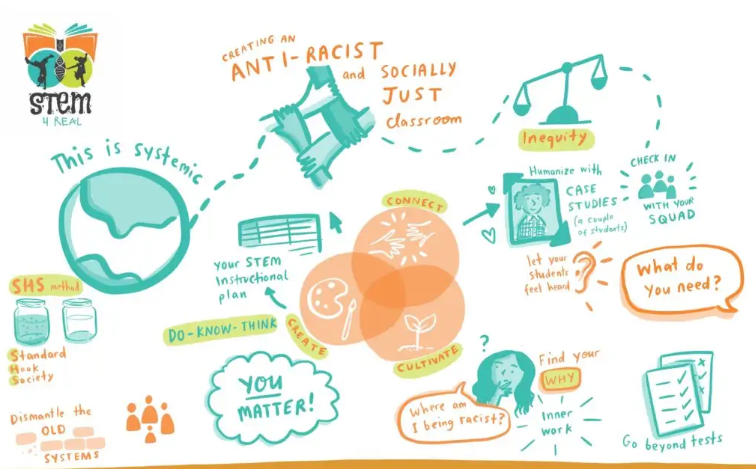Professional Learning Communities
A Professional Learning Community (PLC) is a collaborative group of educators who work together to improve student learning outcomes. Professional Learning Communities focus on creating an instructional environment that promotes collaboration and reflection among teachers, administrators, and other staff members.
PLC's are designed to provide educators with the resources needed to develop strong relationships among colleagues and create meaningful opportunities for collective problem-solving and continuous improvement within the school or district.
The purpose of a PLC is to help each teacher become more effective in his/her own classroom by sharing best practices, discussing strategies, collaborating on lesson plans, providing feedback, and reflecting on successes as well as failures. Professional Learning Communities can also be used to create a culture of professional growth by encouraging open communication and collaboration between teachers and administrators.
Professional Learning Communities are an efficient way to support the development of professional learning goals, foster a culture of continuous improvement within the school or district, and increase teacher capacity to meet student needs.
In Professional Learning Communities, all members participate equally in setting goals, managing tasks, evaluating progress, and assessing results. Professional Learning Communities encourage collaboration among teachers as they work together to identify best practices and formulate solutions to problems that arise in their schools or districts.
Additionally, PLC's offer opportunities for professional growth through open communication between teachers and administrators. Professional Learning Communities also provide a forum for peer-to-peer mentorship where members can discuss challenges faced by educators today and share their individual successes in overcoming them.
Professional Learning Communities are valuable resources for teachers, providing them with the support and resources they need to succeed in their classrooms. Professional Learning Communities allow educators to use research-based strategies and learn from each other as they work toward common educational goals. PLC's also create an environment of trust, respect, and collaboration among educators that is essential for effective teaching and learning. Professional Learning Communities provide substantial evidence of success when implemented properly in schools or districts, leading to improved student outcomes and overall school improvement.
Professional Learning Communities have been shown to promote student engagement, strengthen teacher morale, and foster collaboration among staff members. Professional Learning Communities facilitate professional development that is meaningful and relevant to all participants. Through Professional Learning Communities, educators can gain a deeper understanding of their content area and engage in meaningful dialogue with colleagues, which can lead to improved teaching practices.
Professional Learning Communities also provide a forum for sharing best practices, increasing overall professional competence throughout the school or district. Professional Learning Communities emphasize collaboration over competition as teachers work together towards common goals.
They help create an environment of trust and support among educators, leading to improved student achievement outcomes. Professional Learning Communities focus on working together rather than competing against each other, thereby creating a stronger team dynamic that puts the needs of students first. Professional Learning Communities promote the idea that everyone is working towards a common goal – the success of all students in the classroom – and that each individual has something valuable to contribute to achieving this goal.
Professional Learning Communities are highly beneficial for both students and teachers, as they provide a platform for meaningful collaboration, support and problem-solving. Professional Learning Communities are an effective way to foster professional growth, build relationships between school staff, share best practices and encourage continuous improvement.
They can also be used to effectively address challenging classroom issues or curriculum changes in creative ways while providing a safe environment where all stakeholders can input ideas and solutions. Professional Learning Communities have the potential to greatly improve student outcomes by focusing on collective goals that benefit the entire learning community. By working together in a PLC, teachers can ensure that their students receive the best possible educational experience.
Professional Learning Communities offer many benefits for both educators and students alike – fostering collaborative learning experiences, promoting critical thinking skills and helping to create engaging learning environments. Professional Learning Communities are seen as an effective way of creating and sustaining a culture of continuous learning, which can result in improved student engagement, better academic performance and greater overall school success. By working together to create PLC's, educators can ensure that the outcomes for their students are positive and impactful.
They also provide teachers with access to resources, ideas, and strategies that they may not have been able to find on their own. This type of collaboration helps to ensure that valuable information is shared among members of the Professional Learning Community, so that everyone benefits from each other’s expertise and experiences.
PLC's also encourage constructive feedback amongst peers – helping to create an environment where different perspectives can be heard and discussed objectively.

